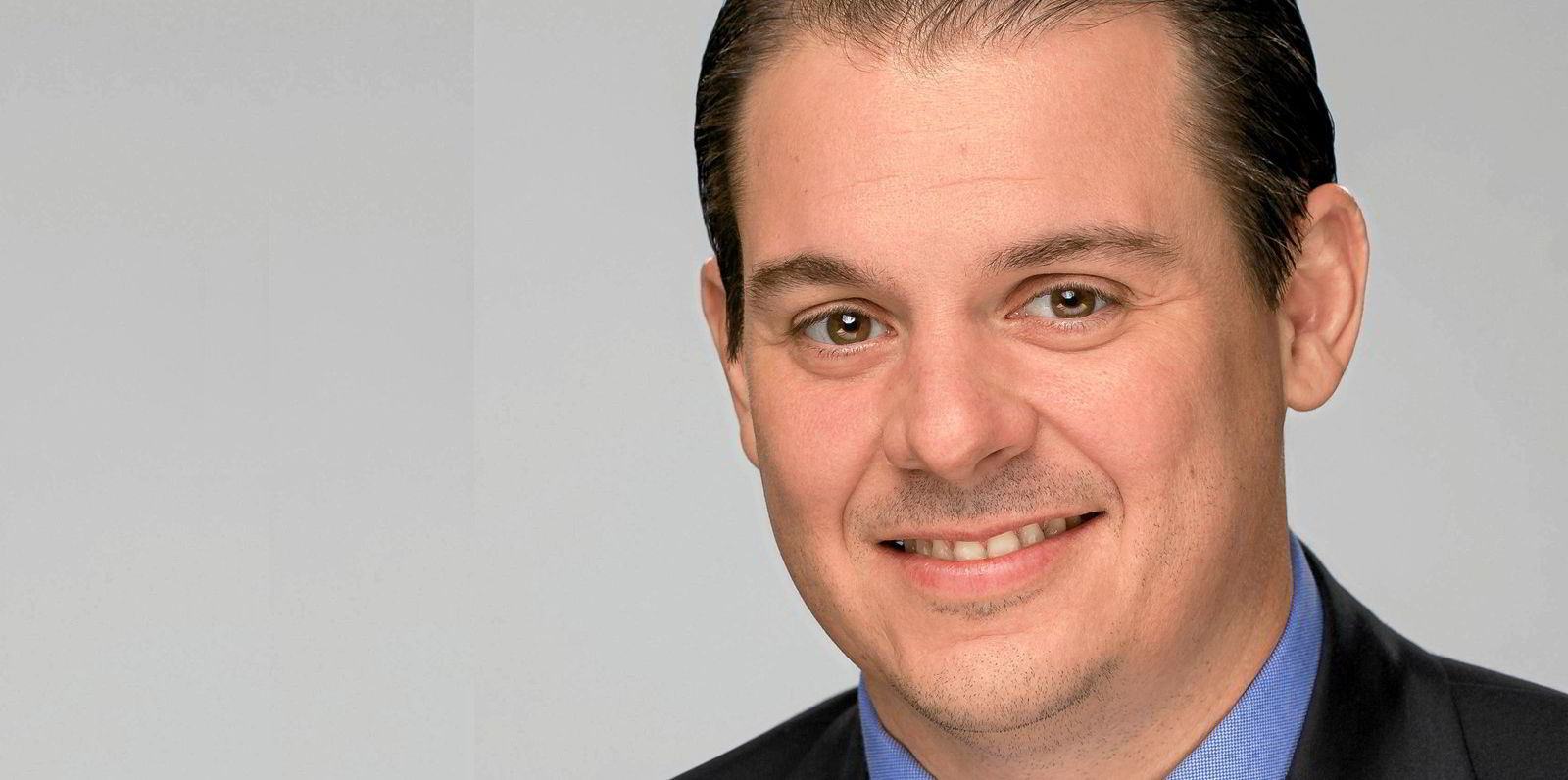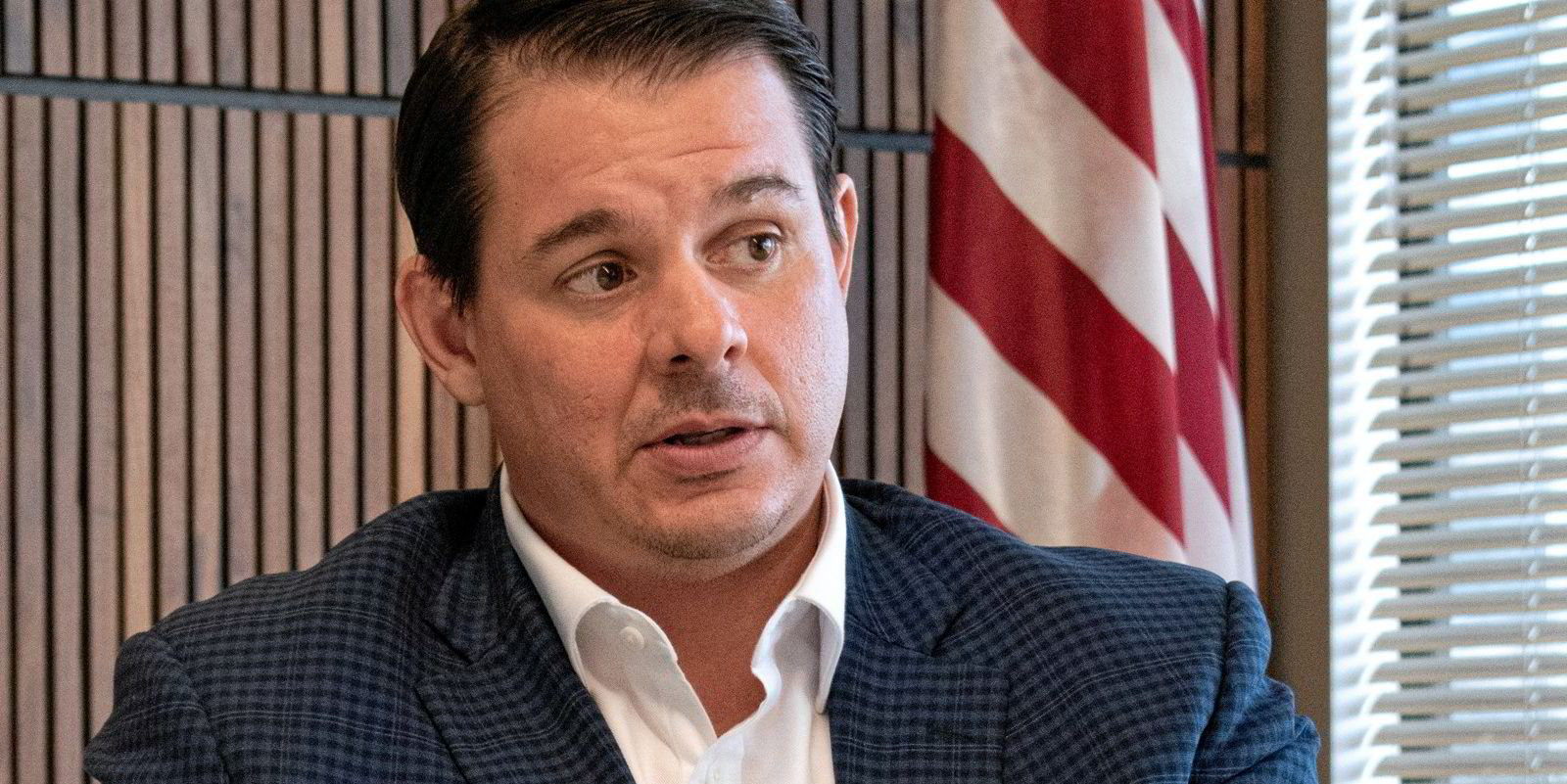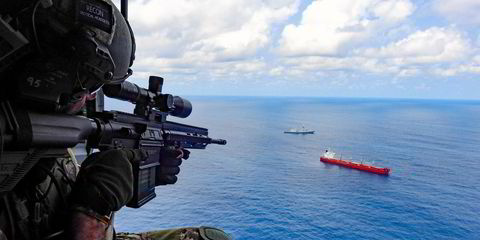The world’s flag states need to put aside their differences and forge a common alliance to improve standards across the shipping industry, according to the head of the Liberian Registry.
Chief executive Alfonso Castillero said talks are underway for a new grouping that would be open to any flag state that signs up to agreed standards.
He told TradeWinds that the three largest flag states — Liberia, Panama and the Marshall Islands — have already discussed common compliance standards but urged the notoriously competitive registries to cooperate to address some of the industry’s biggest issues.
“We have had conversations and we have decided to join [together],” he said.
“But I don’t think flag states yet have the maturity to understand that this goes beyond the minutiae of ‘do I get this vessel or this tonnage?’. This is something broader.”
The leadership of the Paris MoU on Port State Control has said flag states and shipowners need to take more responsibility to tackle substandard shipping after recording the highest number of detentions for a decade in 2022.
But Castillero said flag states are “always the ones taking the blame” and called for improvements across the board, including better standards for seafarer training and more uniform inspections by PSC bodies.
Liberia has overhauled Panama to become the world’s largest register by gross tonnage, according to Clarksons World Fleet Monitor. It is the fastest-growing of the top 20 flags this year with more than 5,000 vessels on its books.
Panama still has more ships — with more than 8,000 — but has pledged to purge its fleet to improve standards.
Flag states have come under sharper focus following sanctions imposed on Russia because of its war in Ukraine, with an emerging shadow fleet of ageing vessels under opaque ownership.
Small ship registers have become a popular choice for buyers of secondhand tonnage. Cameroon, Gabon and Tanzania are among the flag states that have grown rapidly since the start of the war, albeit from low numbers.
Cameroon grew by 1m gt in 2022, increasing its registered fleet size by 41.5%, despite being the worst-performing of 66 flag states measured by the Paris MoU.
The 93 inspections of Cameroon-flagged ships in 2020 to 2022 resulted in 22 detentions. That is just one fewer than Norway, the fifth-best performer, whose vessels were subject to 1,572 inspections over the same period.
Castillero said all flag states would be welcome to the proposed new body but only if they sign up to an agreed set of principles and vision.
“I think they should be part of it, as long as they really want to make a change to make everyone improve,” he said.
“Now, if for whatever reason they cannot do it ... then the bigger flag states can help them get there.
“For example, if a small flag state wants to join any compliance agreement, big flag states can provide support on how to run compliance, how to run checks. And I think we can help others get up to speed pretty quickly.”
He said the big three flag states already have an information-sharing agreement, which means they all avoid ships dropped by any one of them for sanctions breaches.
The timing of any new body remains uncertain and Castillero said the trigger could be increasing pressure on flag states from outside the sector.
The performance of flag states will remain under close scrutiny following the election of Panama’s Arsenio Dominguez to take over as secretary general of the International Maritime Organization for four years from 2024.
Some member states had expressed concern about the election of Panama’s candidate, fearing a tilt towards the interests of major flag states by the global regulator. Dominguez has promised to increase transparency and openness at the organisation and to be a fair broker for IMO business.

Castillero, a former head of the Panamanian registry who previously worked with Dominguez, is confident that the new IMO head will be “completely neutral” but can improve the understanding of flag states.
“He needed to have a government nomination ... but I don’t think that will influence or change or derail his vision of being neutral and being independent,” Castillero said.
Dominguez understands “that he is the person leading a United Nations body of 170-plus states where he needs to be neutral”.
“I think it was a clever choice made by the council to have Arsenio as the lead of the organisation,” he said.





